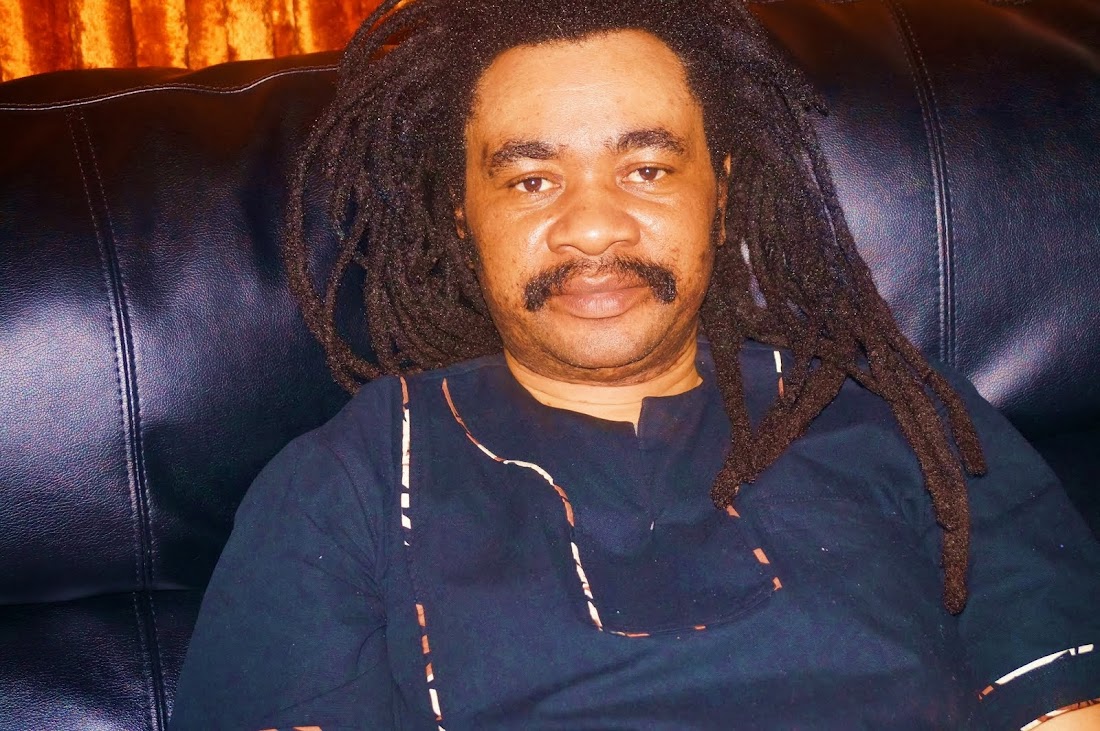It’s obvious that outgoing Malawi president, Joyce Hilda Mtila Banda’s poised to lose. However, when Banda took the reins of power after the death of her forerunner, Bingu wa Mutharika, as a woman, she received a lot of palms not just as a hard worker but just as a woman. Before Banda and her Liberian counterpart, Ellen Johnson Sirleaf, came to power, there’s a mystical-cum-mythical belief that female presidents are less corrupt, thus, having one on the helms might save the country she mans from corruption. Again, after the duo displayed their true selves and the way they run state affairs, the belief slowly dissipated. Banda, just like Sirleaf, didn't bring in any fresh air. For, the duo proved beyond doubts that corruption knows no sexual characteristics.
Now it is an open secret that Banda will go down as Malawi’s only-two-year president. However, Banda won’t throw in the towel easily. After sensing defeat, she decided to annul the elections though in vain. She’s quoted as saying, “As president I have used the powers conferred upon me from the constitution to declare the elections null and void.” After such an announcement, Malawi Election Commission (MEC) went to court and obtained an injunction that allowed it to go on counting votes.
True, Banda did deservedly reap what she sowed. If there’s anything, if anything, Malawians weren't ready and able to forgive and forget is nothing but cashgate, the scam that sealed Banda’s fate as far as presidency is concerned. Malawians waited for the opportunity to show Banda that they’re not mugus or big idiots as Nigerian scammers call their dupes. The anguish became so big that Banda wouldn’t have survived. How’d she survive amid such a mega scandal that added more pangs and twangs to the already frustrated Malawians? Ironically, it seems that Banda and her advise-givers didn't see this danger coming.
Eight months in power Nyasa Times had this to write, “Eight months, the majority of those getting government contracts have political connections to the ruling People’s Party (PP).” PP is Banda’s party. Essentially, Banda authored her own downfall. She completed the feat of self-destruction when she ordered her portraits reprinted after being awarded a controversial honorary PhD by South Korean University of Jeoju so as to have Dr, initials on her name. Banda didn’t know that such a move would present her as a self-seeker and controversial character apart from consuming highly needed money pointlessly especially for a cash-strapped country.
Apart from cashgate that saw over $ 30 million being embezzled under Banda’s watch whereby some of her consigliore were implicated, another reason for Banda’s downfall is nothing but her style of leadership based on settling of scores, witch-hunt and whitewash. For instance, when she took power, after Mutharika’s kitchen cabinet unsuccessfully tried to prevent her from taking over, Banda made sure that her nemeses were smoke out and subdued. She, too, saw to it that whatever she did aimed at winning the hearts and minds of Malawians for her personal gains even if such a move would harm the nation in the future. Banda tried to pay the Malawians back for their support when a cabal of Mutharika’s confidants tried to oust her. Nothing sacrilegious Banda committed like devaluing Malawi kwacha by almost 50%. If anything, among many reasons for the loss of Banda, deflation had deeper and wider economic, political and social blowback to Malawi and the general wellbeing of the people. It caused hardship and sufferings for them pointlessly something voters used to punish Banda mercilessly.
Nonetheless, Banda’s been accusing her archrival for rigging and hacking the Malawi Election Commission’s computers, the real reason basically is people’s pent-up anger thanks to the results of devaluation of Malawi currency. No country’s ever devalued her currency and looked good to her people. Devaluation, especially for African countries, has always been proposed by rich countries and the Breton Woods to avoid loss in their transactions between them and poor countries. The story was the same in Malawi. After Banda took over she easily allowed the devaluation of kwacha contrary to her predecessor who's at loggerheads with donors for refusing to do so.
It is sad. Banda didn't learn from her predecessor who in 2011 devalued Kwacha by 10% and caused increase of price in the prices of goods and services. If 10% caused such an upsurge, what did 50% cause? It was next to a miracle for Banda to win the elections. African Outlook report had this to say about Malawi under Banda, “The country has continued to face macroeconomic pressures. These include inflation, exchange rate volatility and excessive government domestic borrowing.” This shows how deeper and wider the effects of devaluing Kwacha were.
Another fact that Banda needs to underscore is that it is her government that convoked and crewed the whole elections. How come the opposition rigged without supervising the said elections? Allegations of rigging from Banda might be genuine and worthwhile. This shows Banda’s own poor management. It is true there were some irregularities. Who’s behind such irregularities and who is to blame?
In sum, Banda needs to come to an understanding that her defeat in recent general elections in Malawi's authored by Banda herself. For the time she spent in office, it was harder for her to win given that after ascending to power she performed differently from what she's expected of.
Source: African Executive Magazine May 28, 2014.



No comments:
Post a Comment